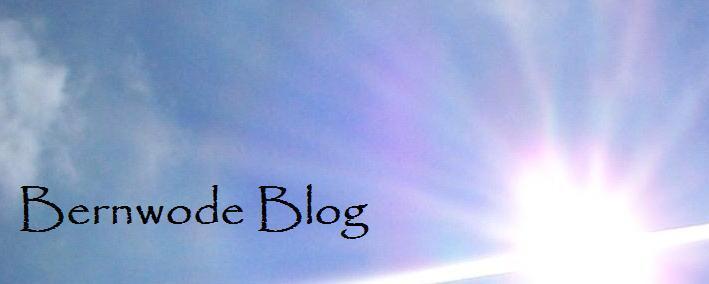1 Cor 2:19
(O) "What no eye has seen, nor ear heard,
nor the heart of man imagined,
what God has(P) prepared(Q) for those who love him"—
nor the heart of man imagined,
what God has(P) prepared(Q) for those who love him"—
Jesus, in this section of the Sermon on the Mount starts in the courtyard of a house, and then goes inside. Jewish homes were built as a single room in a U shape around a courtyard. The courtyard would contain the “earth”, which was an outdoor earthen oven, a millstone for grinding, a dung heap, chicken and cattle. The earthen oven would be fuelled by dung and this was mixed with salt to help it burn. In the same passage in Luke, it says that salt which has lost its saltiness is “fit neither for the earth, nor the dunghill, men throw it away”
It is an interesting analogy – that somehow we are meant to be the catalyst that keeps the flame alive, and we are meant to be found in the dung, the messiness of our society and of life. I wonder if this is how you see yourselves?
We then go into the house, which was lit with an oil lamp that was put on a stand and as there was only one room it lit the whole house. At night time it was extinguished by placing a bushel basket over it and leaving it there, so that the house didn’t get filled with smoke and fumes just before retiring to bed.
Jesus is asking us whether we are like the light on the lampstand or whether we are like the extinguished lamp with the bushel basket. Darkness to the hearers of this parable was not just the absence of light – darkness had a life of its own, it was sinister.
I want to think about light and darkness in this sermon, and the encouragement of those words from Corinthians:
O) "What no eye has seen, nor ear heard,
nor the heart of man imagined,
what God has(P) prepared(Q) for those who love him"—
I want to think about how we can remain salty, stay as a catalyst, keep the flame burning and generally stop being smothered by the bushel basket.
So if we think about darkness, a darkness that is active and not simply a lack of light, what is that darkness for you? For me it is fear every time.
My major fear has been inadequacy, that if I was found out, I wouldn’t be lovable. I regularly read a commentary on the rule of Benedict and in the section in humility the author, Joan Chittistler considers that all people secretly think they are inferior to others which is why we cling so tightly to our achievements, our degrees and so on.
Certainly, for me, the only thing that could silence the voice that said I wasn’t good enough was by being the best. Each year at university I had to come out top. I got the top first and the prize for best project, somehow a first in itself couldn’t satisfy my desperate inadequacy, it had to be the top one.
I was truly dreadful at receiving criticism too. I can remember occasions where someone in authority has criticised me, and rather than listen and evaluate their opinions, I have been desperately hurt. Hopefully, that is better now.
I think a closely related fear is the fear of being rejected, and I can trace rather painful threads back to my childhood.
I don’t know whether any of these fears resonate with you – whether you can recognise fears that have dogged you all your life?
So how on earth do we get over these fears? I guess the first thing is we get a friend to challenge us. I have a friend who is permanently afraid of ‘them’. So I say 'who are "they" exactly?', and 'what are "they" going to say to you or do to you?' Another thing is ‘what is the worst thing that can happen?’
Encouragement is good too – I was very discouraged recently and my bishop said that he thought I was perfectly able to do this or that. I walked out so much taller. Of course it helped that the Bishop told me.
I think the key is that we need to expose our fears – to bring them into the light, with someone we trust – hopefully someone who won’t collude with us, but challenge us and encourage us.
Do we really want to be fearful, or do we want to be salt and light? Do we want to be a catalyst for change, do we want to bring light? I am hoping the answer is no, so let us unshackle ourselves from the darkness and remember that God loves us:
O) "What no eye has seen, nor ear heard,
nor the heart of man imagined,
what God has(P) prepared(Q) for those who love him"—
The Bible tells us ‘do not be afraid’ more than a hundred times, and more than any other commandment.
We are told that those who walk in darkness have seen a great light and asked the question ‘if God is for us then who can be against us?’
So let us throw off our bushel baskets, find ways to admit and overcome our fears and start shining as lights in our dark world, or to use another metaphor let us be salt in amongst the dung. Amen










Hey Lesley, This is really good.
ReplyDeleteWhy is it not on Lesley's blog?
Anita
Lesley, I believe what you describe is known as "impostor syndrome," the fear that at any moment you are going to be found out. A straw poll on a diocesan course I attended a couple of years ago reveals that many clergy suffer from it.
ReplyDelete